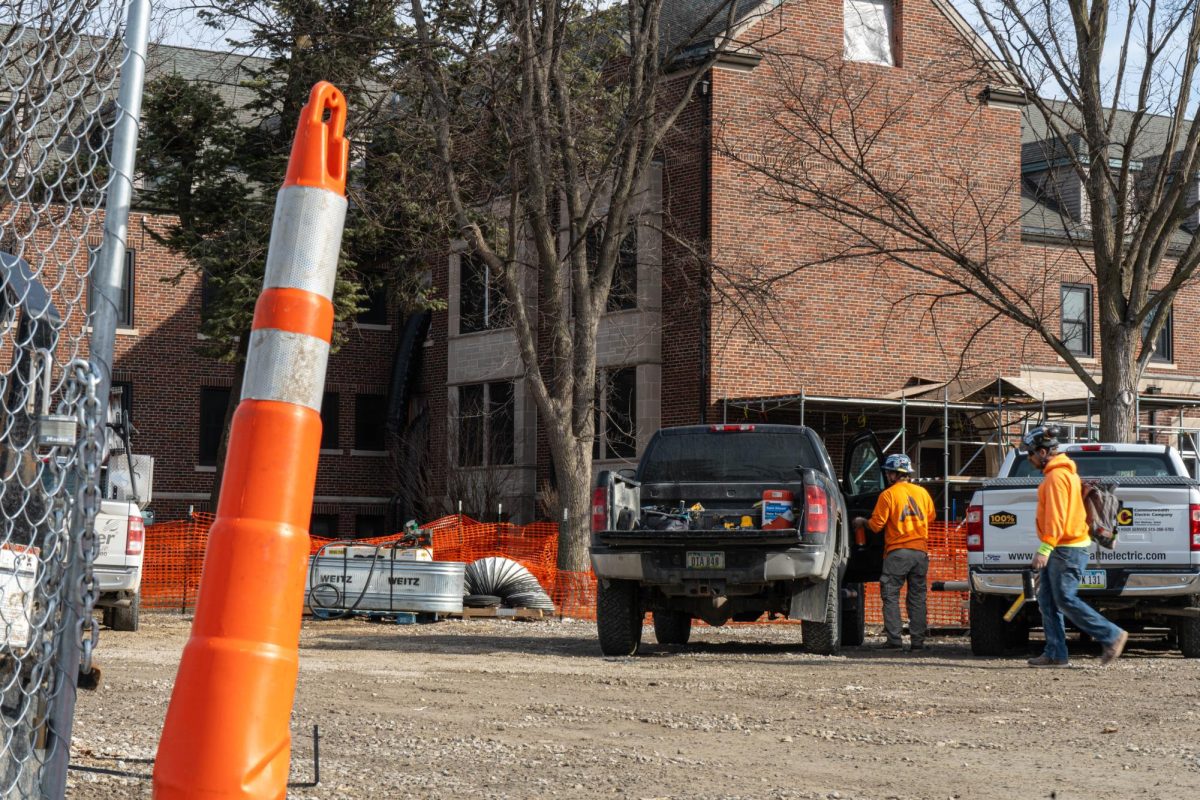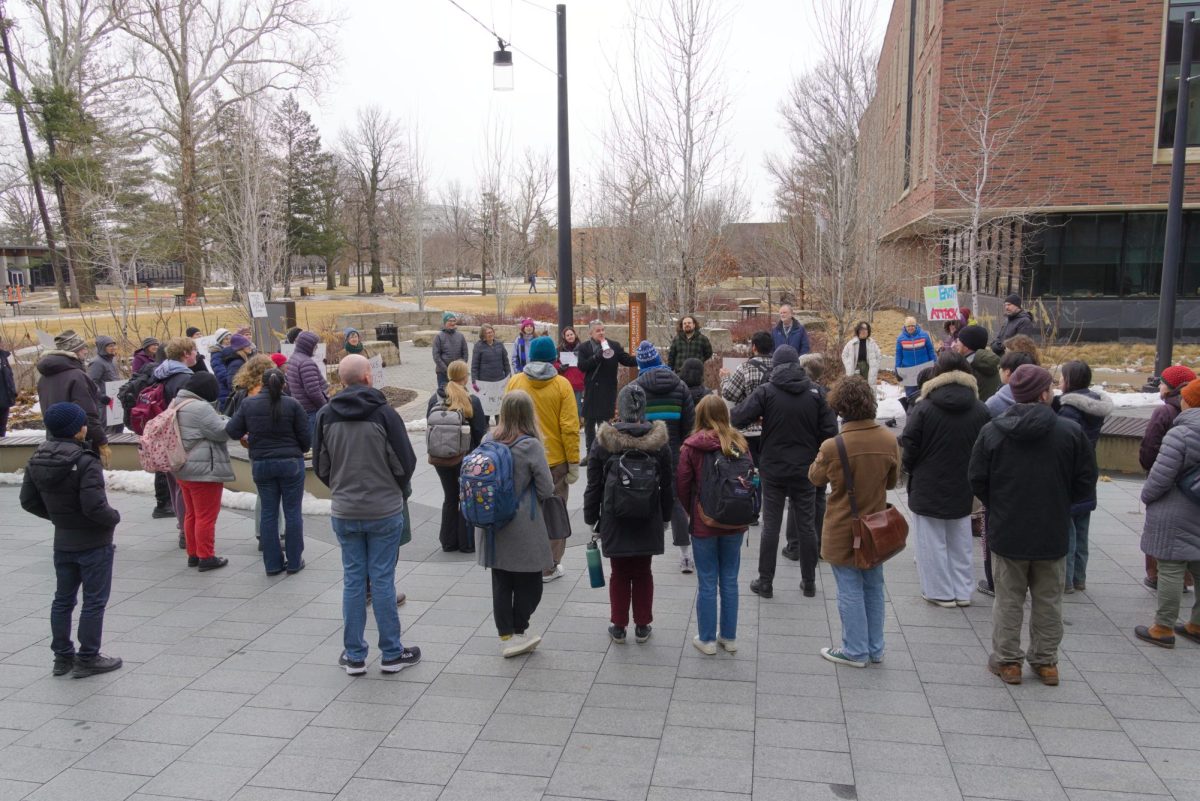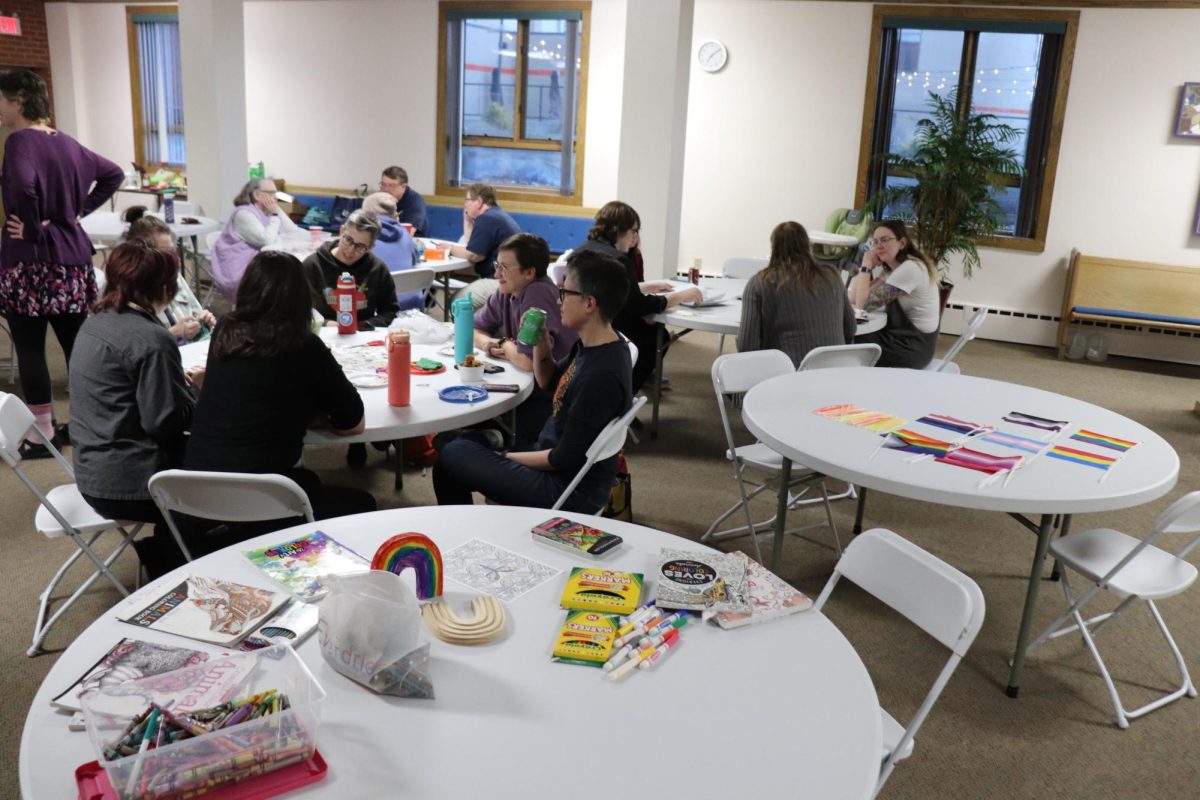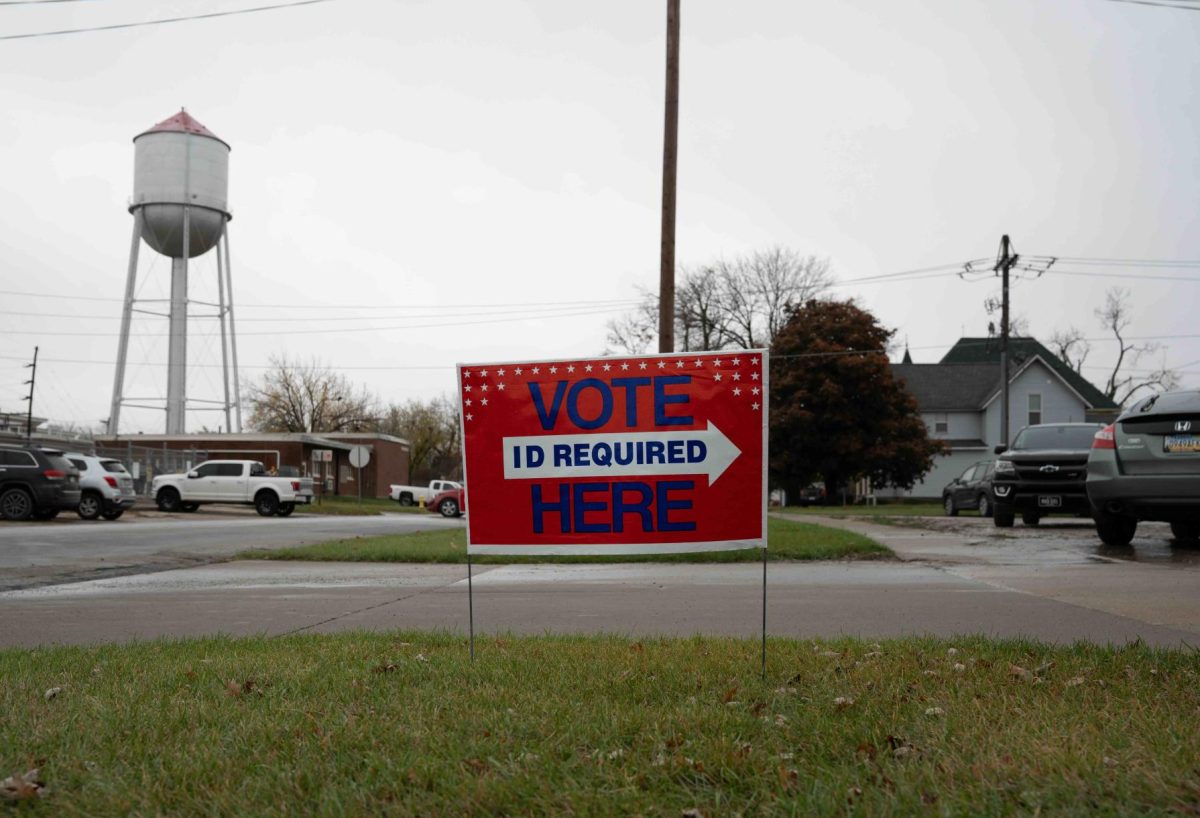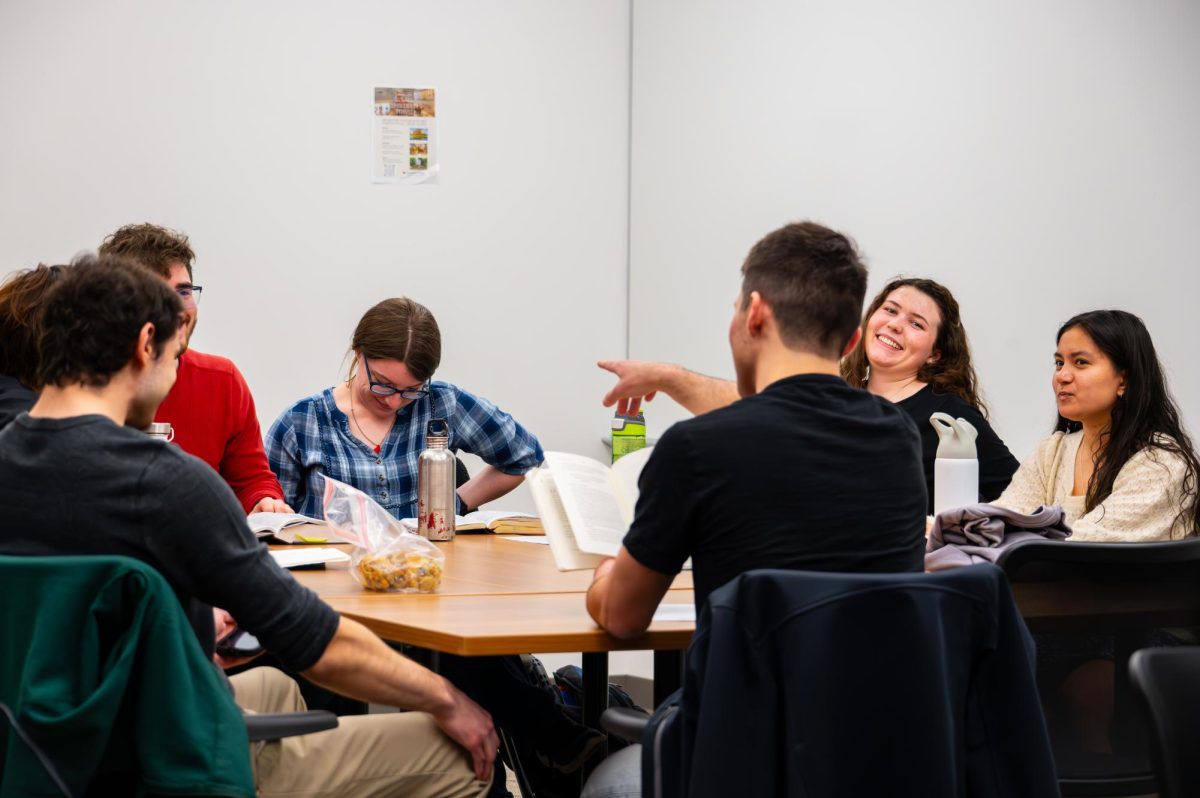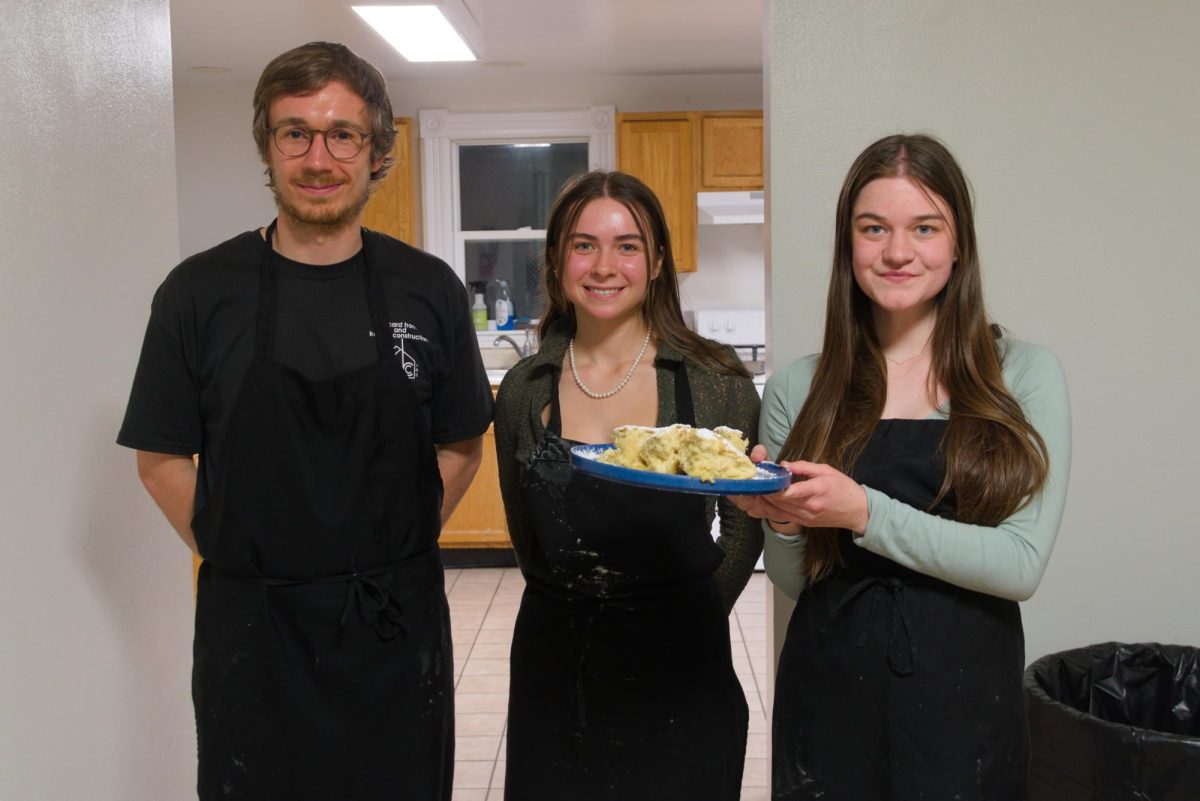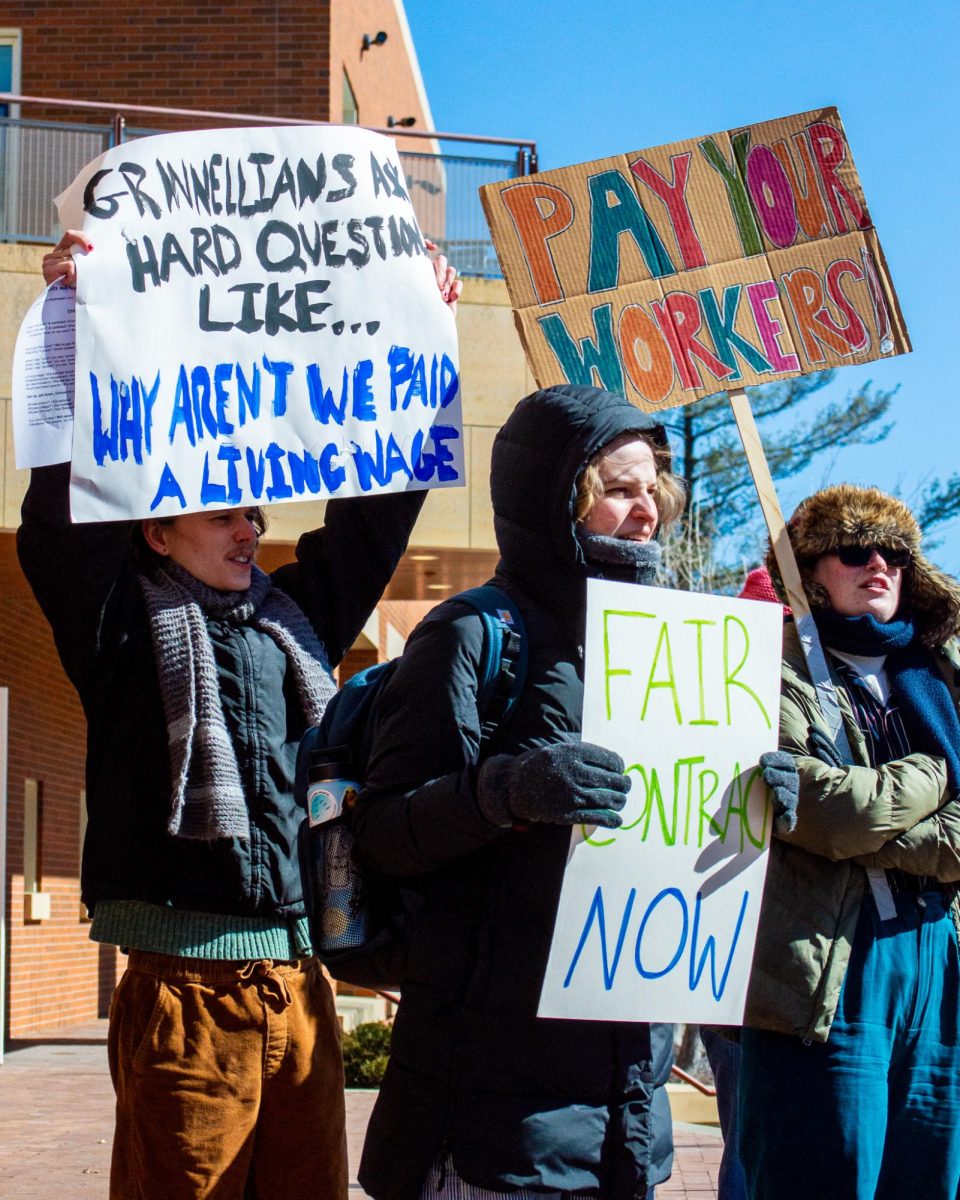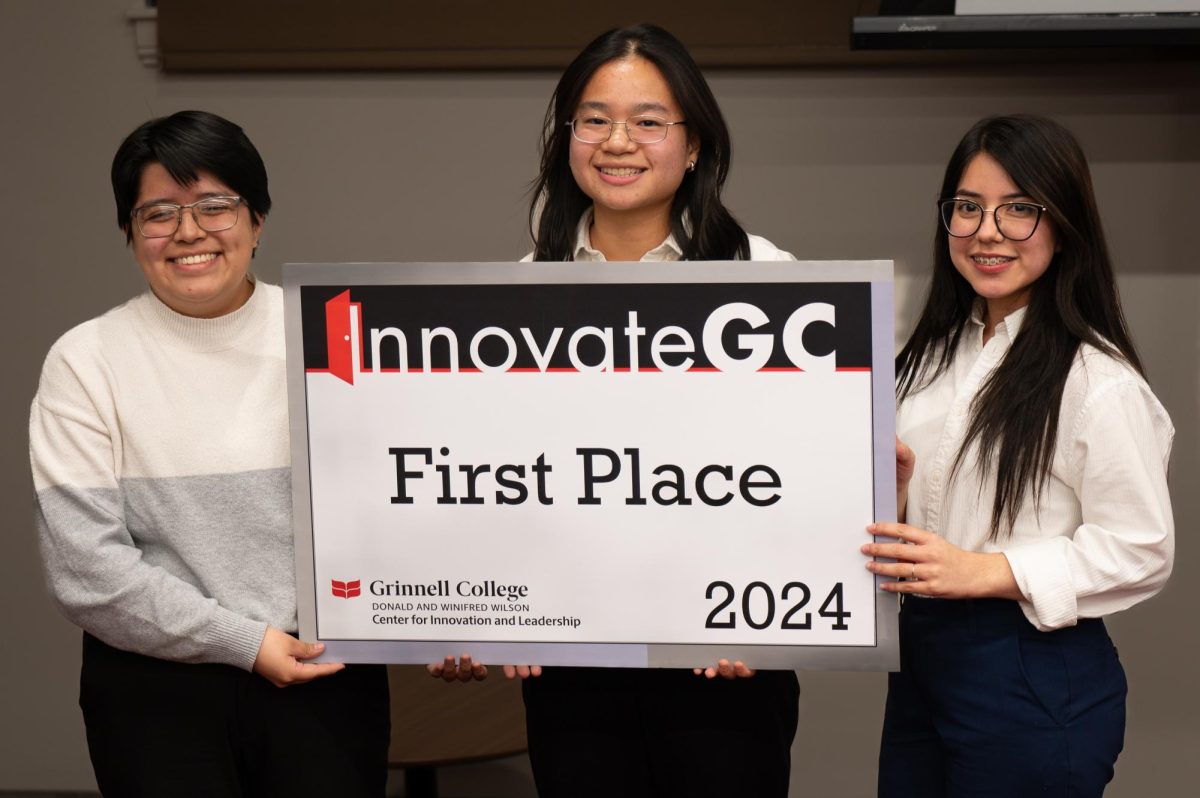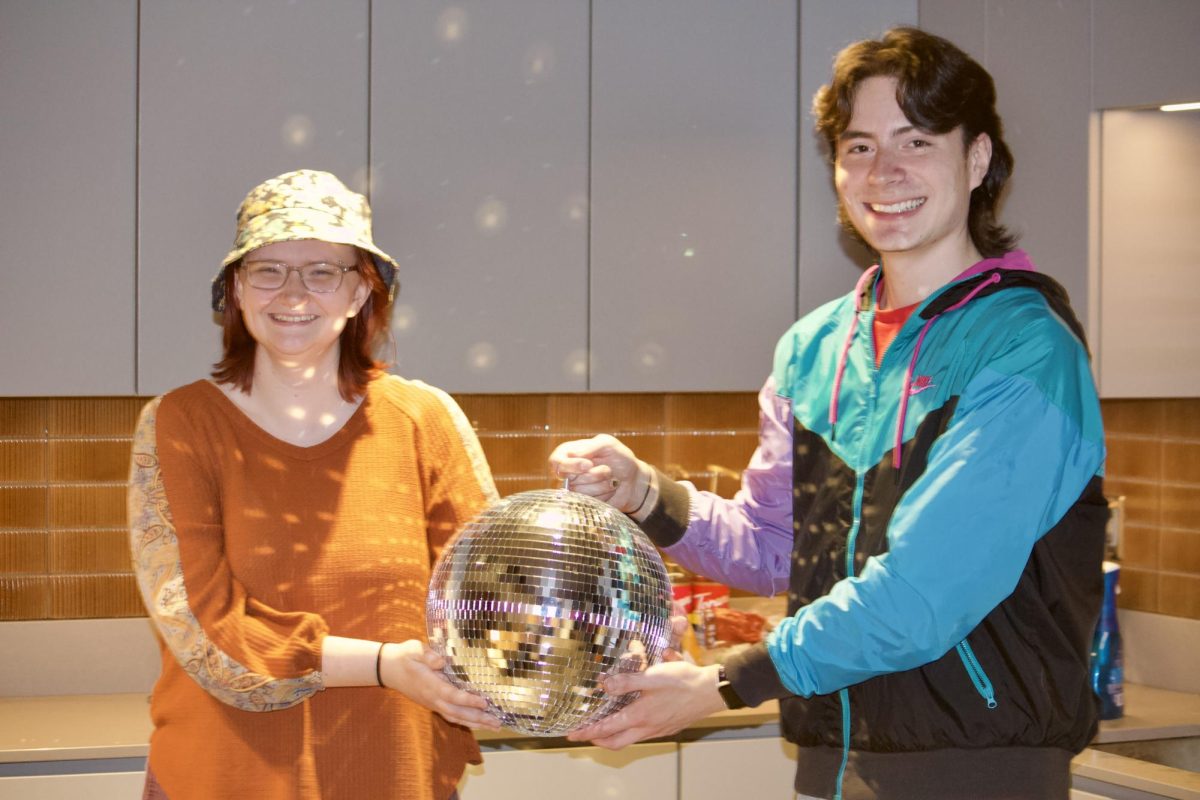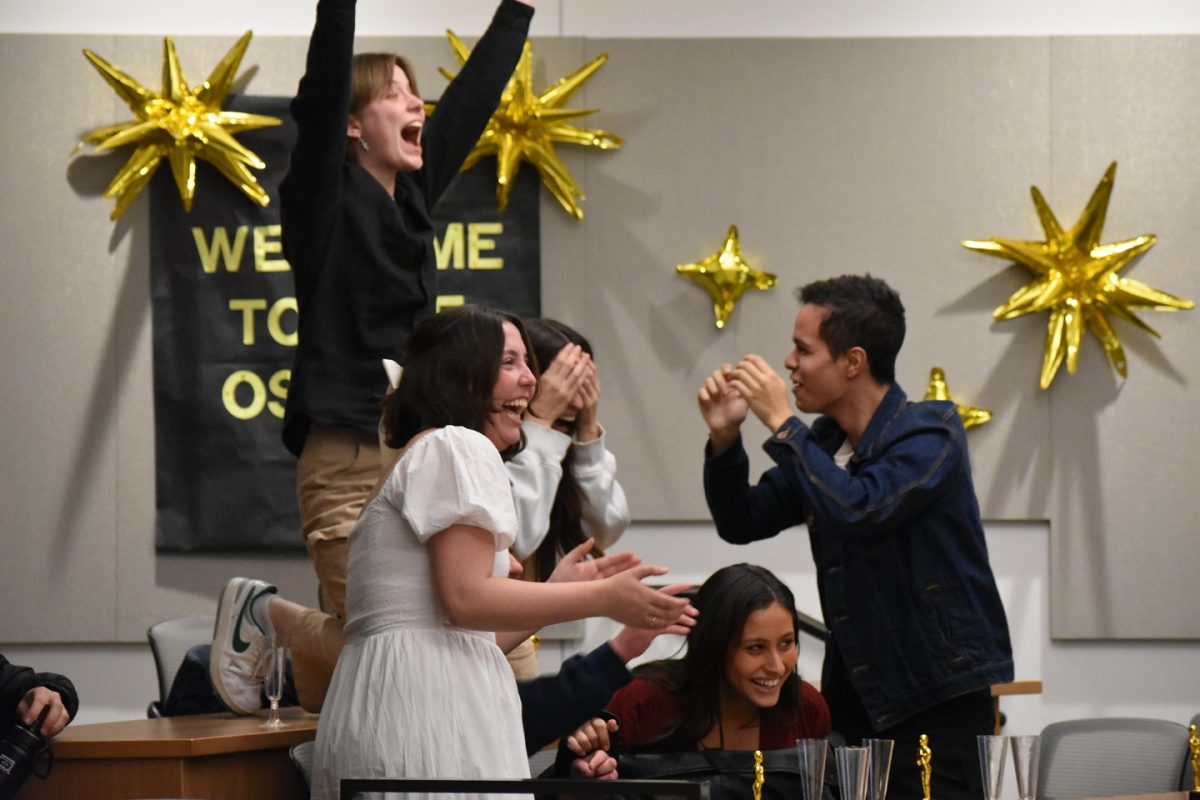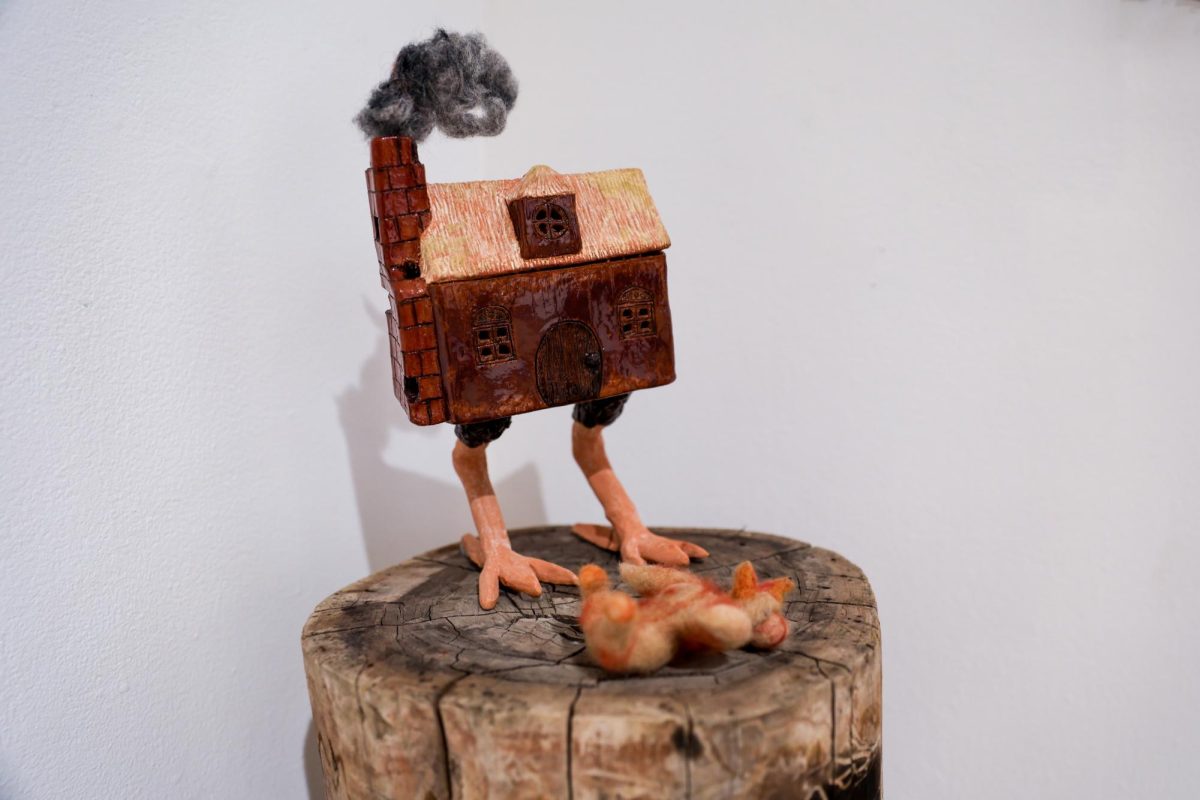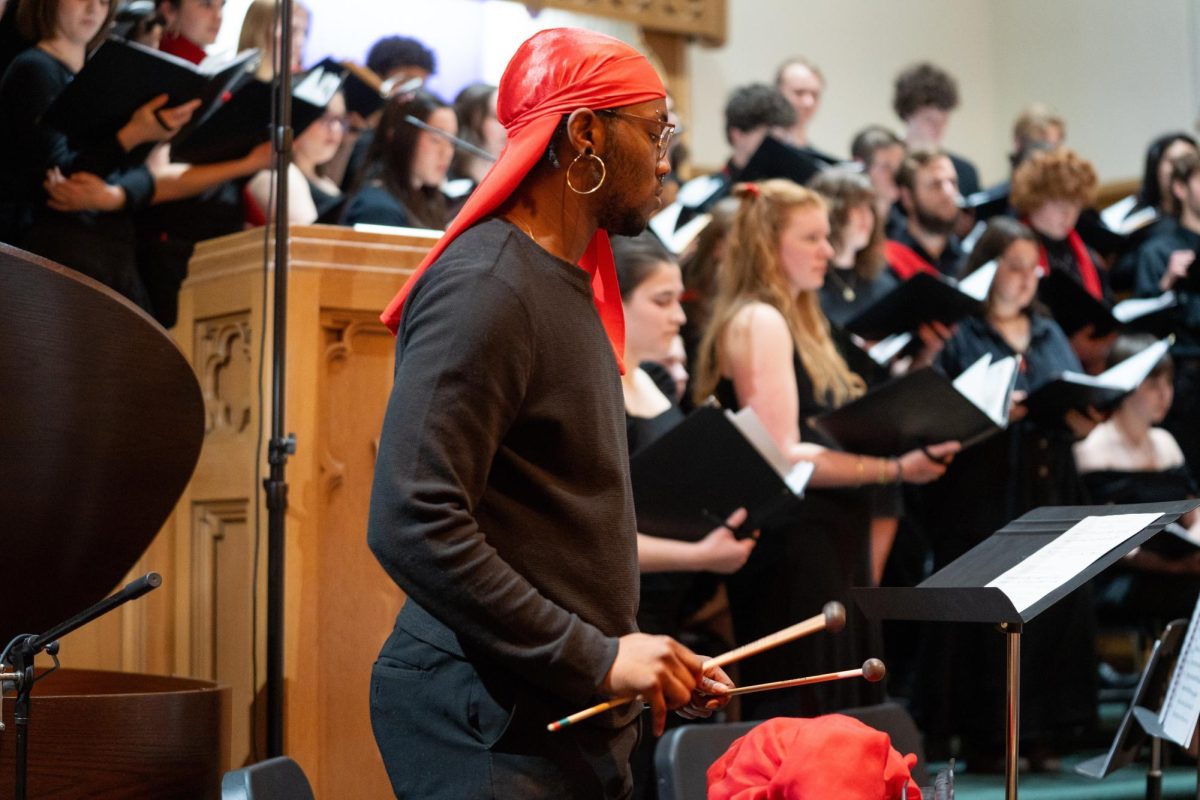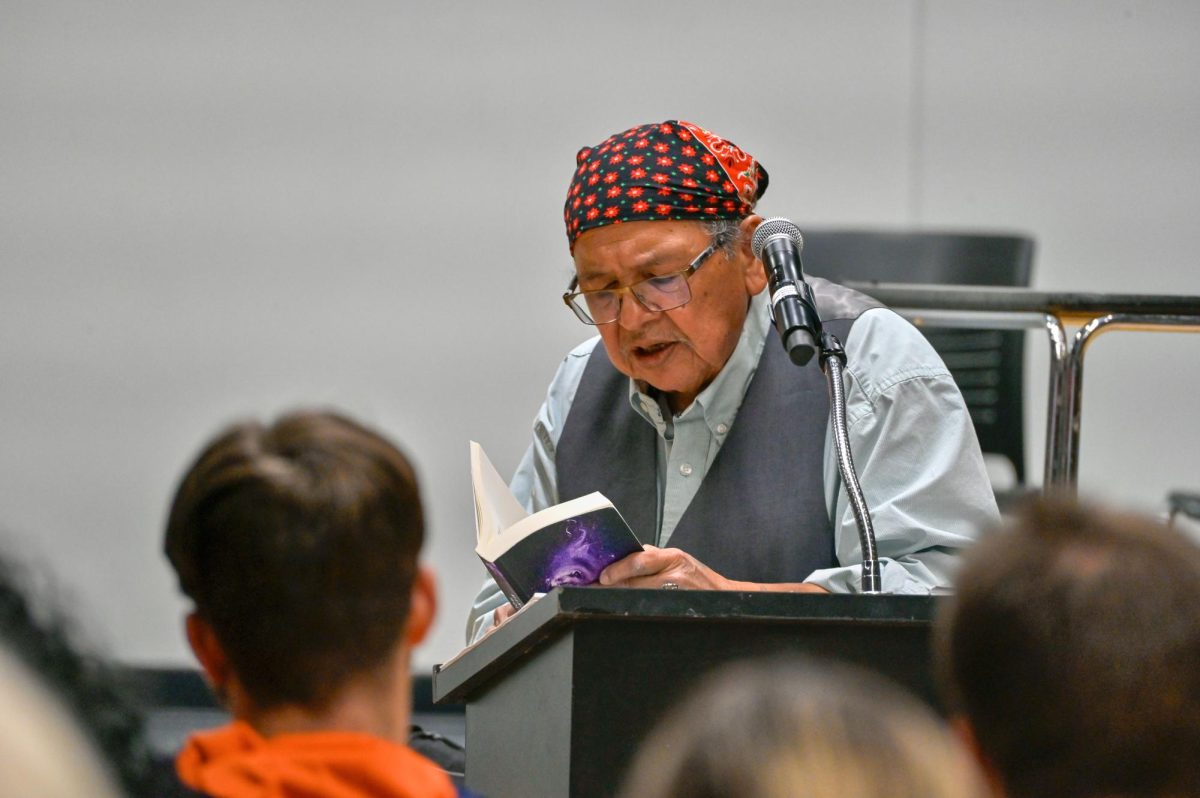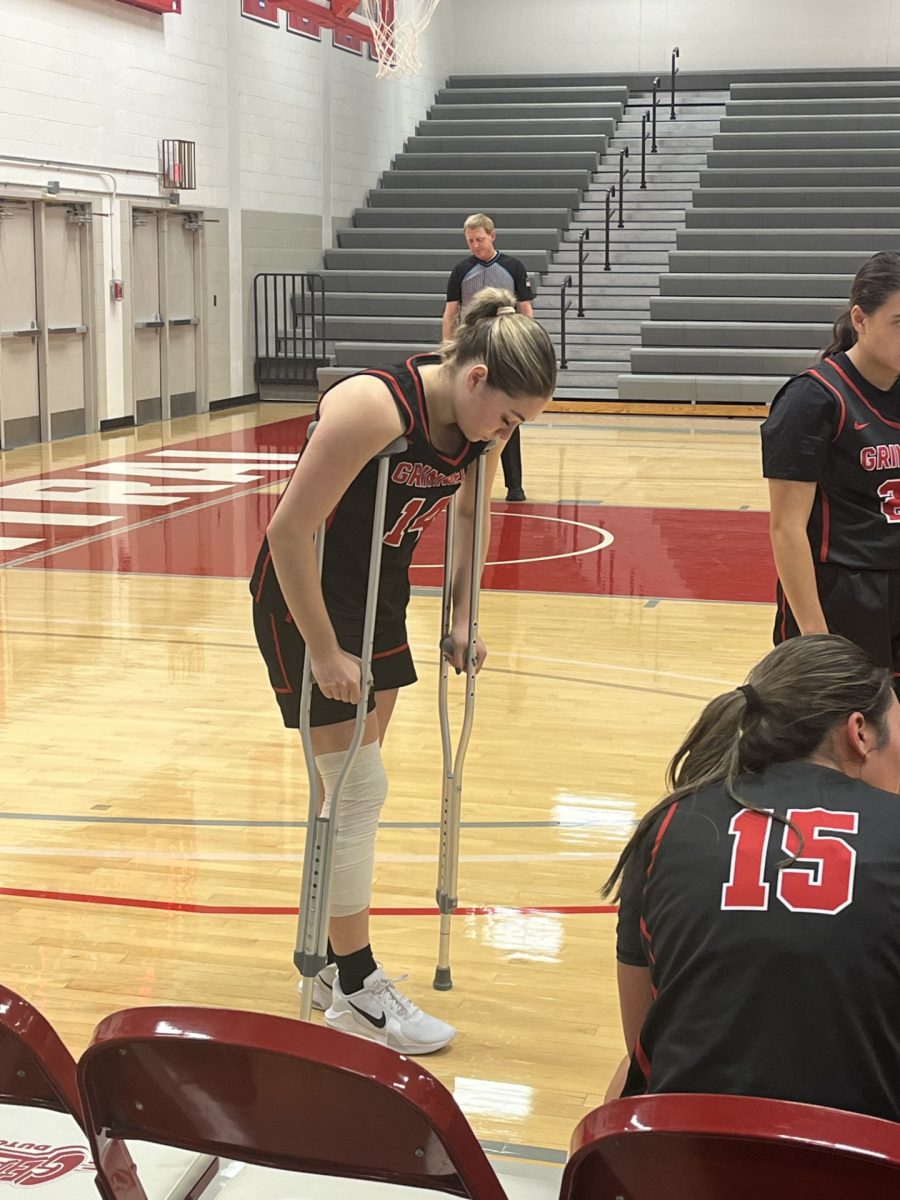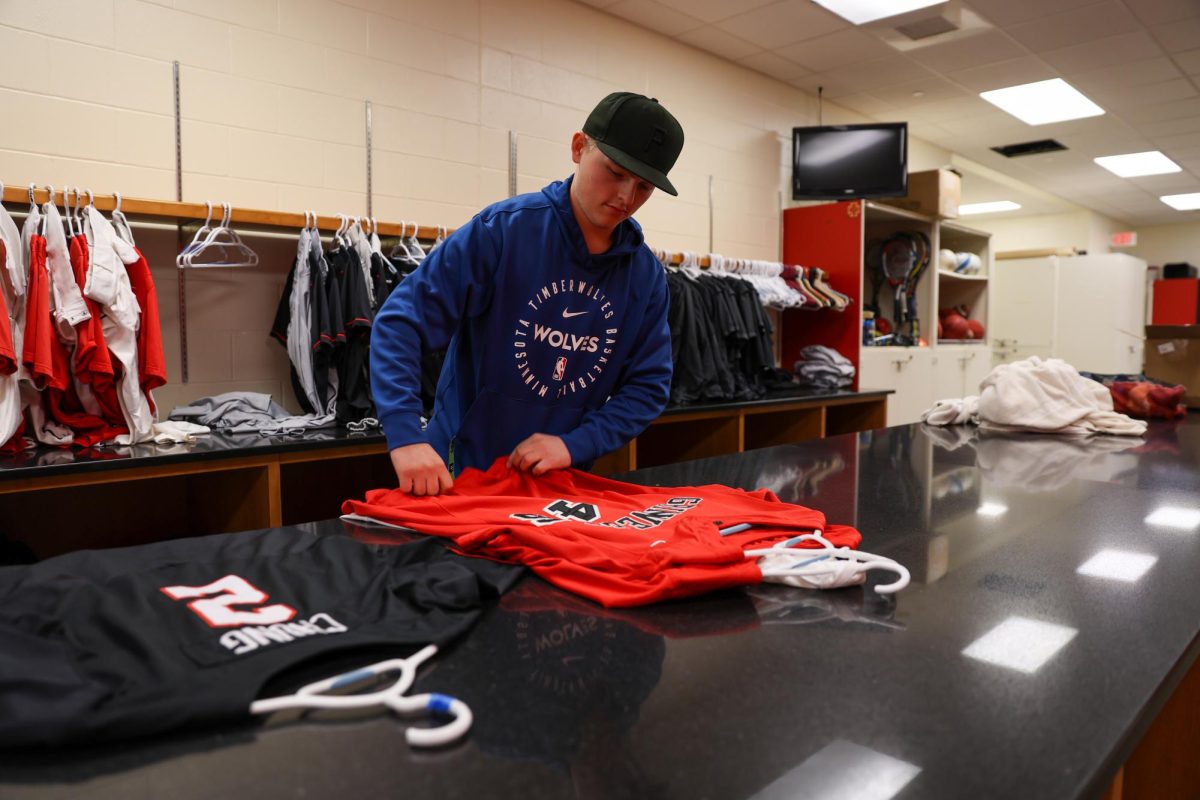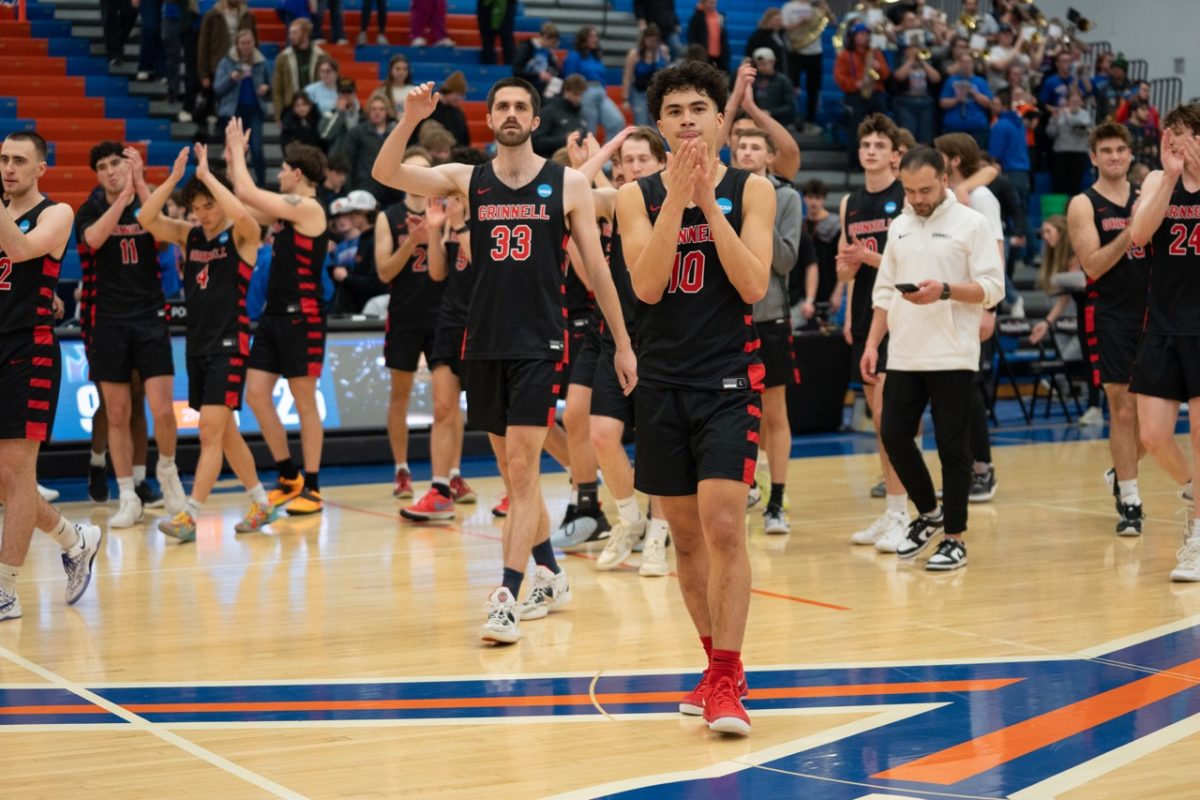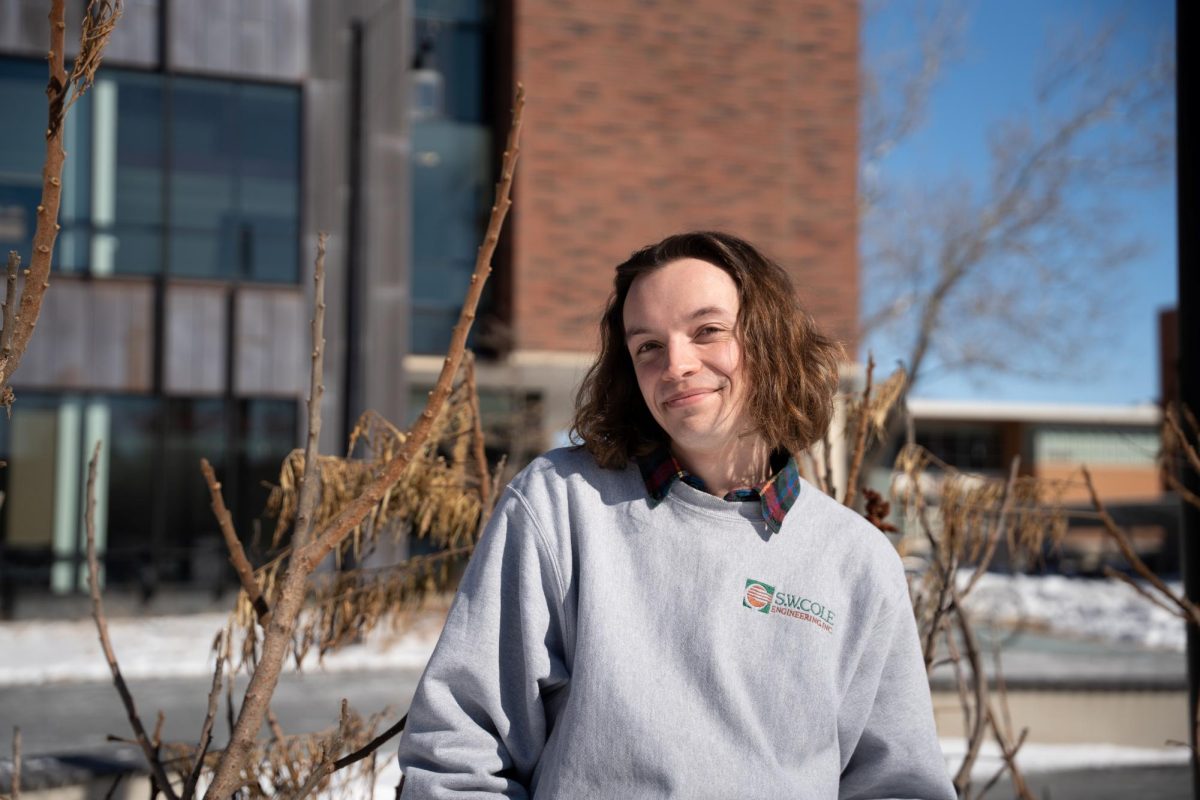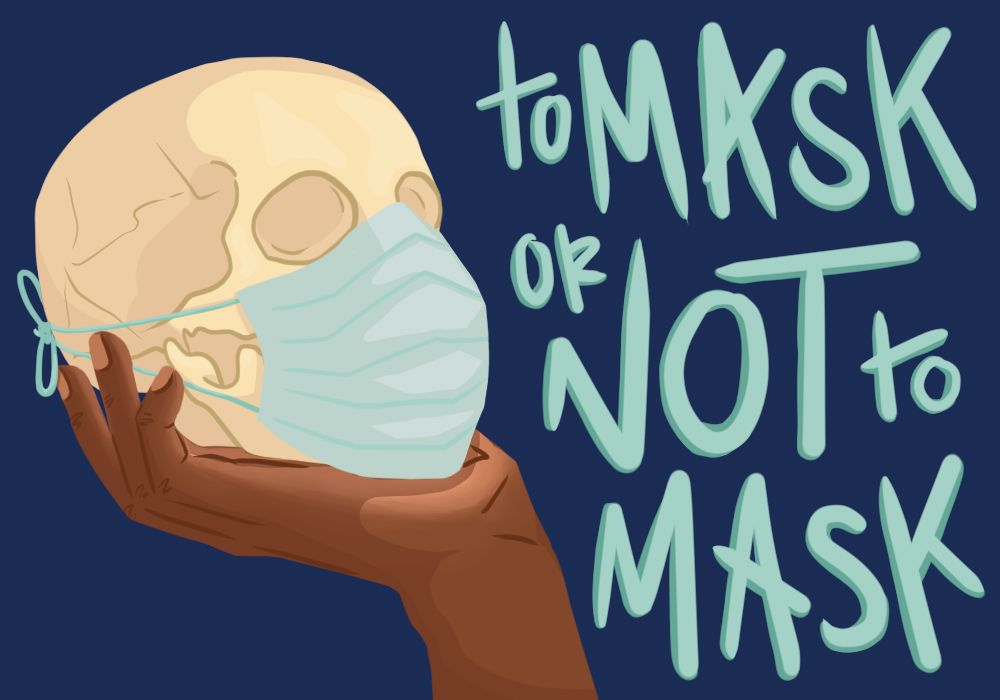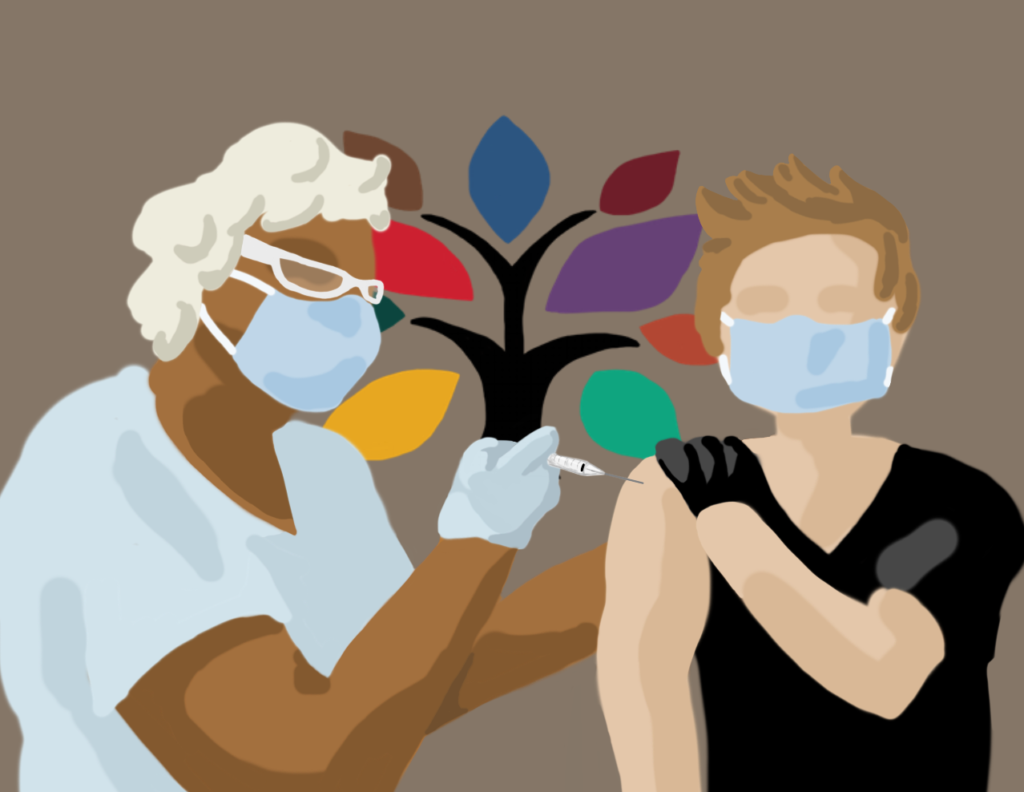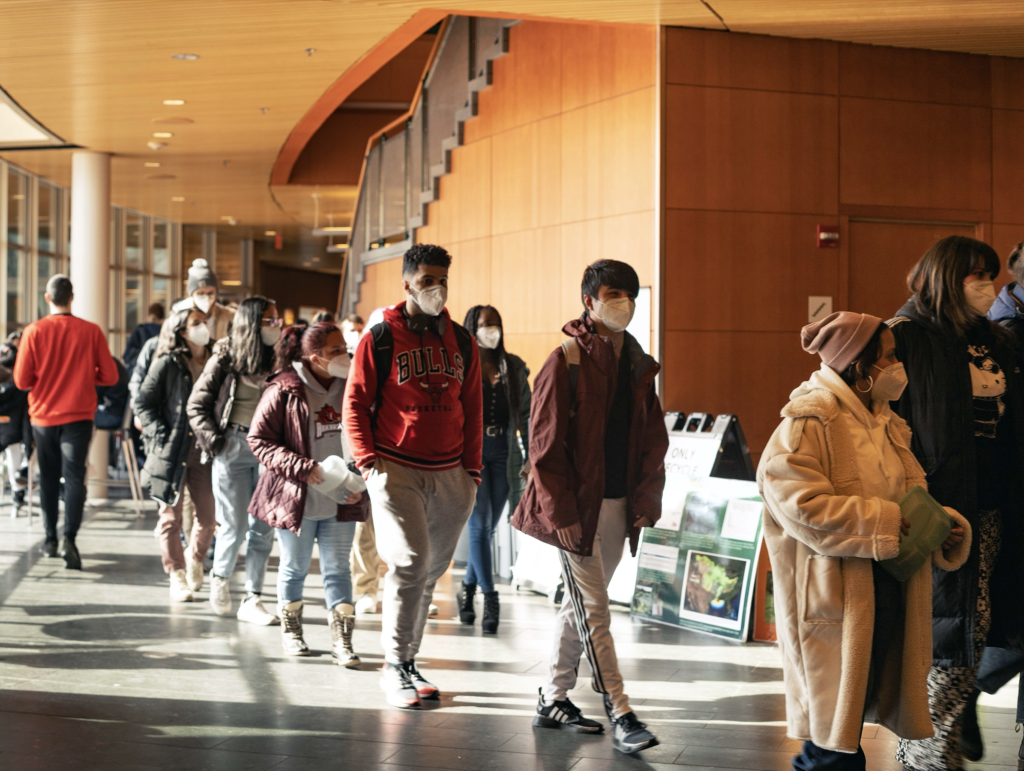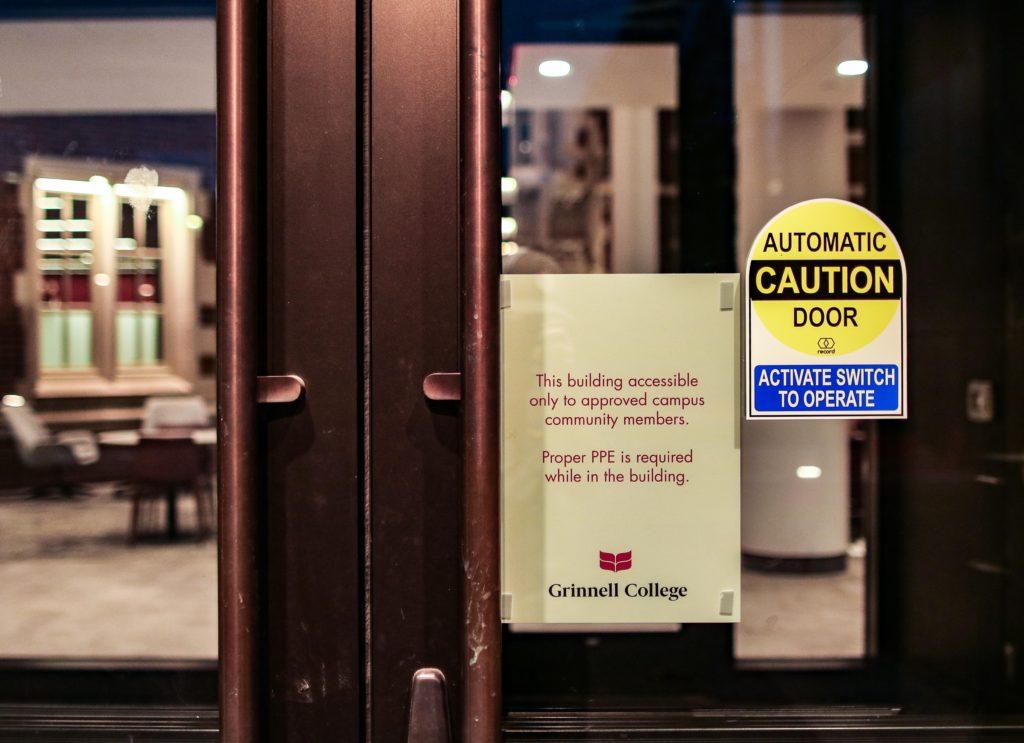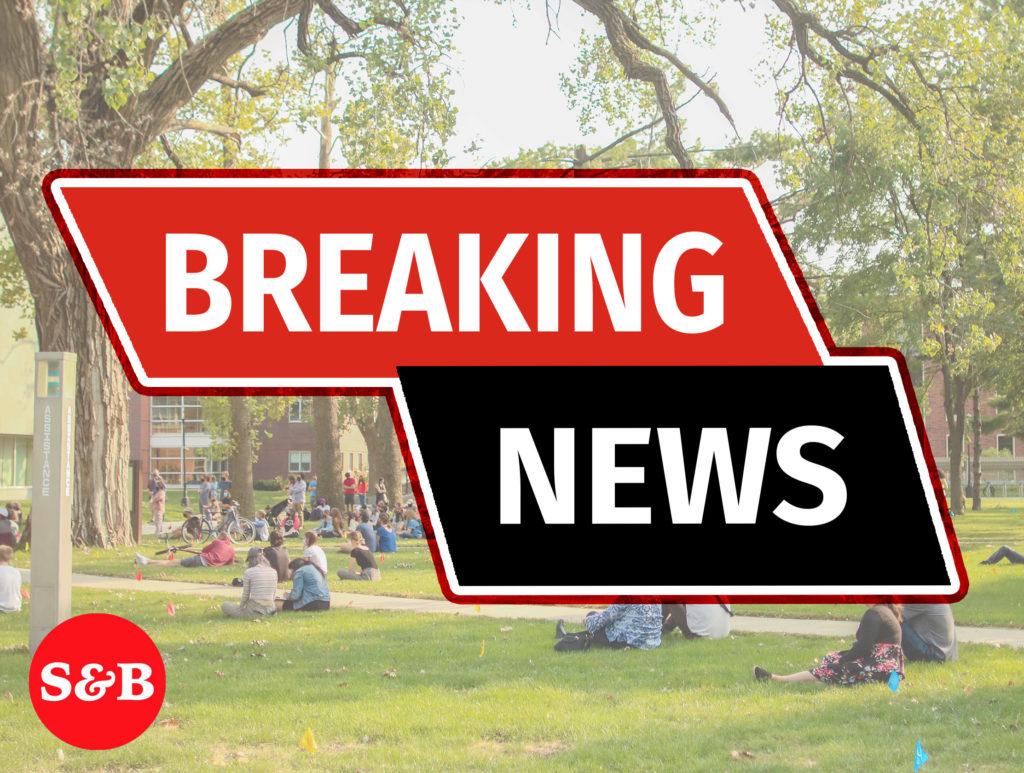Face masks will be optional for all students in nearly all indoor environments, including classrooms, effective Monday, March 7, unless a student is experiencing COVID-19 symptoms or has been released from COVID-19 isolation in the past five days. Students will still be required to mask in the Student Health and Wellness (SHAW) office and in the Athlete Training Suite.
This modification in masking policy is due to the College’s shift to a Modified Green Activity Level, which was announced in an all-campus email on Thursday, March 3. The College has been at a Modified Blue Activity Level since Aug. 24, 2021, and has mandated masks for all students in most indoor settings since the beginning of the 2020-21 academic year. Since the start of the spring semester, all people in campus spaces outside of the Dining Hall have been required to wear KN95, N95, or similarly protective masks at all times.
The Center for Disease Control (CDC) stopped explicitly recommending masking indoors in medium- or low-transmission areas on Feb. 25. Poweshiek County is considered a medium-transmission area, and all neighboring counties are considered medium or low transmission areas. The CDC designates an area as low-, medium-, or high-transmission by the percentage of new COVID-19 cases per 100,000 and the percentage of staffed inpatient beds occupied by COVID-positive patients.
Heather Cox, director of emergency management and risk mitigation at Grinnell, said the College has been anticipating a switch to optional masking for several weeks, but was waiting for the right time.
“When the CDC began indicating that an update was coming, we were able to move that into a little bit faster gear,” she said. “But we had always been eyeing when this would be appropriate.”
For most of January, Poweshiek County was considered a high-transmission area, along with most other counties in Iowa because ofthe Omicron variant. The Omicron surge in the United States reached its peak on Jan. 11, with 1.35 million positive cases recorded nationwide. But by late-January, Omicron cases were falling just as rapidly as they spiked just weeks prior. In the past two weeks, COVID-19 cases have dropped by 59 percent.
And as case counts fell nationwide, their numbers in Iowa and Grinnell fell too. In the same period, Poweshiek County’s daily case average has dropped by 49 percent. As of March 2, Poweshiek County’s average COVID-19 positivity rate is 4 cases per day.
With a 99+ percent boosted student population, the College is considered well-protected from the Omicron variant, President Anne Harris said in the email.
Four students tested positive for COVID-19 between Feb. 20 and Feb. 26. The College tracks COVID-19 cases on a weekly basis. Since Jan. 1, 73 students have tested positive on-campus and 80 students have self-reported positive tests while away from Grinnell.
It was this data, alongside the change in CDC masking guidelines, that pushed the College to switch to Modified Green.
Faculty, staff and visitors may now eat together indoors. Room-specific food or drink restrictions remain in place. The Marketplace Dining Hall will also remain a student-only space, but faculty and staff are now allowed to eat in the Dining Hall for small student-centered meetings, such as language tables.
Faculty, staff and students will also no longer be required to submit event proposals prior to hosting an event.
Masks will be optional at college-sponsored events hosted off-campus in Poweshiek County, as long as the County’s transmission level is listed as medium or low by the CDC. When hosting an event outside of Poweshiek County, faculty, staff and students should consult the CDC’s community level guidance for the area, the College said.
Students, faculty and staff who are considered by the CDC to have vulnerable medical conditions may request accommodations by Accessibility and Disability Services. In some circumstances, faculty may have the option to require students to wear masks while they are teaching, but only if granted an accommodation.
Masks are recommended, but not required, for students who have been exposed to a COVID-19 positive individual, are in high-risk populations, or visitors from regions of high transmission, the College said. Exposure occurs when an individual is within 6 feet or less of a confirmed positive person for 15 or more minutes within a 24-hour period and both individuals are unmasked.
Cox said that the College cannot anticipate whether cases will rise as a result of optional masking.
“None of us have a crystal ball,” she said. “For example, [we] anticipated that with unmasking in the dining hall we may have seen an increase in cases, but we didn’t see a significant change in that trajectory after reopening the dining hall to in-person eating.”
Students, staff, and faculty members are always permitted to continue wearing masks in any setting. Students may pick up additional KN95 masks at Student Affairs on the third floor of the Joe Rosenfield Center (JRC).
Faculty and staff may also retrieve additional KN95 masks at academic support offices in most buildings. A full list can be found in the all-campus email.
The College will continue constant monitoring of positive cases from walk-in or self-reported tests, as well as COVID positivity rates in Grinnell and Poweshiek County.

